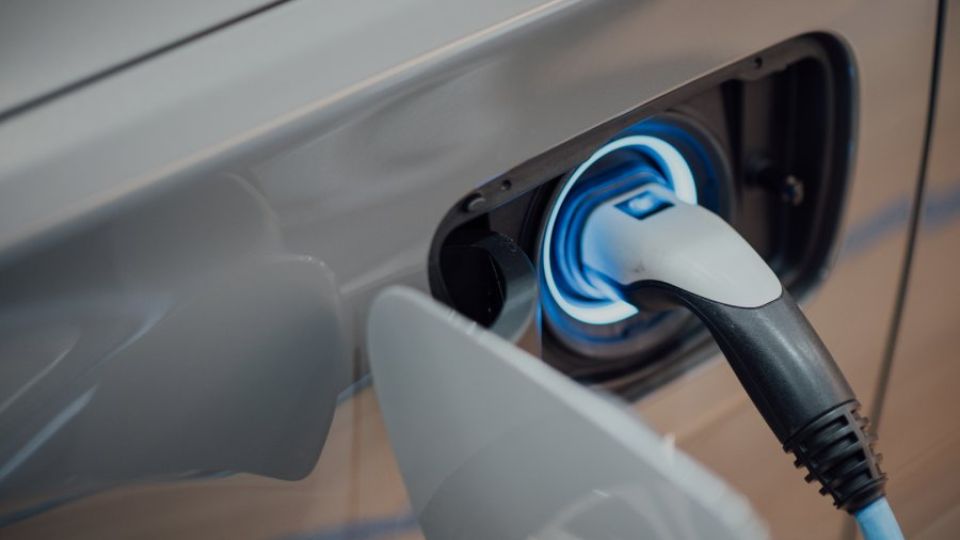November 30, 2023
JAKARTA – Developing Indonesia’s battery industry is expected to remain a challenging task, as the industry is still beset with a lack of regulation and an unclear path forward, which many fear could hamper the country’s electric vehicle (EV) ambitions.
Policies and regulations are deemed essential to drive and promote electrification in the early years of EV adoption, according to the International Energy Agency (IEA). Evidence of the effectiveness of these factors can be seen in the major expansion of electric car models in places such as the United States, China and Europe.
Toto Nugroho, the director of the state-owned Indonesia Battery Corporation (IBC), said that Indonesia is still lacking rules related to the governance of the domestic battery industry, especially those related to stakeholders’ responsibilities and state-owned enterprises’ (SOEs) roles as developers.
He also stressed a need to quickly introduce regulations in other areas to support the EV battery industry, such as standardization and recycling.
“Furthermore, to date, a road map for battery industry development remains unclear,” he told House Commission VII overseeing energy and mineral resources in Jakarta on Monday.
Evvy Kartini, an EV battery expert and founder of the National Battery Research Institute (NBRI), said that the National Standardization Agency (BSN) has issued the Indonesian National Standard (SNI) for EV batteries, but it has yet to include swappable batteries.
“There are different types of [EV] battery packs on the market based on their capacity, etc. […] For this reason, a draft of the SNI [RSNI] is currently being put together to standardize swappable batteries,” she told The Jakarta Post on Tuesday.
A swappable battery pack format for EVs will allow drivers to easily switch their empty batteries for a fully charged one. Thus, the standard system is crucial to accommodate various brands and models of EVs to ensure a seamless battery-swapping service in the country.
Regulation on battery standardization will likely be effective in increasing sales of EVs, especially for electric two-wheelers, according to Evvy, as it can reduce one of the major concerns among users.
“Our study shows that currently there are more than 20 different lithium-ion battery packs. Each has its own volume, output capacity and performance,” she said.
As the share of electric cars grows, an influx of spent batteries is expected to arrive to the market and according to the IEA, this condition will likely pose serious waste management challenges.
Faris Adnan, a power systems analyst at the Institute for Essential Services Reform, said on Tuesday that Indonesia has not yet had an adequate battery recycling policy, noting that “it is a crucial problem”.
Moreover, the country could consider looking into battery recycling as an alternative way to mine critical metals to make its batteries, he said.
Last year, Singapore inaugurated Southeast Asia’s first dedicated facility with a capacity to recycle 14 tonnes of lithium-ion batteries.
In the European Union, where reusage has already become a strong trend, legislators have proposed a new directive requiring that from 2030, EV batteries need to contain minimal levels of recycled cobalt, lead, lithium and nickel.
The IBC’s Toto said that Southeast Asia’s largest economy is on a trajectory to produce batteries with a total capacity of 50 gigawatt-hours (GWh) for electric two-wheelers and four-wheelers as well as energy storage systems (ESS) by 2034.
Meanwhile, the country has the potential to increase its total capacity production to 60 GWh considering that demand for electric four-wheelers and two-wheelers is expected to reach around 600,000 units and 3 million units, respectively, according to Toto.
In 2024, the first 10 GWh worth of battery cells for electric four-wheelers will be produced by the US$1.1 billion EV battery cell plant in Karawang, West Java, which was developed by South Korean companies Hyundai Motor Group and LG Energy Solution.
The battery cells will be based on the Electric Global Modular Platform (E-GMP), a dedicated battery EV platform for Hyundai Motor Group automobiles.
Energy and Mineral Resources Minister Arifin Tasrif also raised the urgency to have a clear timeframe for EV battery development, especially with regards to when the country should be able to start local manufacturing.
He told lawmakers on Nov. 22 that many carmakers were still unable to locally produce EV batteries, partially because it is required that the batteries contain a certain amount of local materials, as mandated by the Industry Ministry.
He also proposed that the country reconsider implementing the local content policy, citing the limited domestic supply of key battery components and the detrimental effect such scarcity has had on EV adoption in the country.


